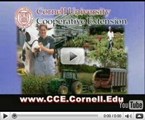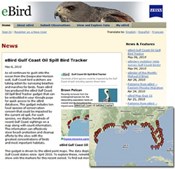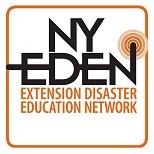As oil spreads, citizen-science network tracks birds as oil continues to gush into the ocean from the Deepwater Horizon well, Gulf Coast bird watchers are taking action by surveying beaches and marshes for birds. By entering their counts at http://www.ebird.org, they are helping scientists track hundreds of species that could be affected as the oil spreads toward land.
The new eBird Gulf Coast Oil Spill Bird Tracker on the site enables people to gain quick access to interactive maps showing where each species is and how many are being reported up to the hour.
Audubon will use the data as part of its on-the-scene recovery response, including volunteer recruitment and coordination, and to help in its ongoing habitat restoration initiative across the Gulf region.
"No one knows what the impact on birds will be, but bird watchers have a key role in helping us to find out," says Chris Wood, co-leader of eBird, a joint project of the Cornell Lab of Ornithology and National Audubon Society. "We're asking birders to survey the coastline for brown pelicans, roseate spoonbills, American oystercatchers and other birds to help us understand the spill's impacts -- and guide the region's cleanup and recovery efforts."
"This area is vital to the well-being of birds, other wildlife and human communities, too," says Tom Bancroft, chief scientist for Audubon. "The eBird effort will give birders across the area a way to help bring it back."
"It's inspiring to see how bird watchers use their passion to help the birds," said eBird co-leader Brian Sullivan. "They're out there watching birds for fun, but at the same time they're providing scientific data needed to understand the consequences of environmental damage and to aid recovery efforts."
Launched in 2002, eBird gathers data on all North American bird species, amassing more than 1.5 million bird observations per month. Scientists analyze these data with landscape information such as climate, human population and habitat to see how birds are affected by environmental changes, not just during disasters, but all the time.





